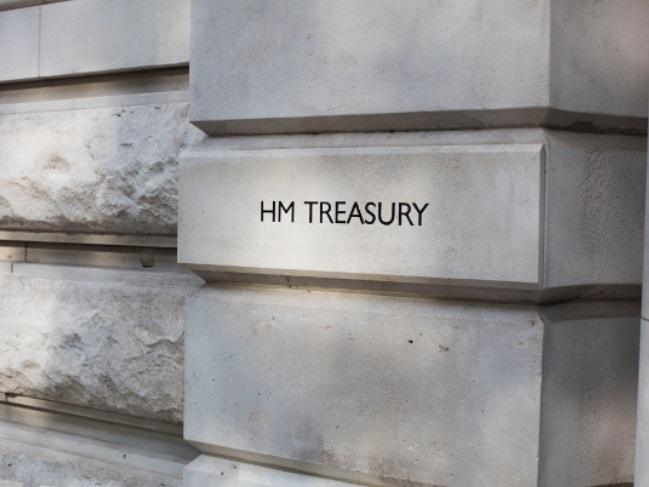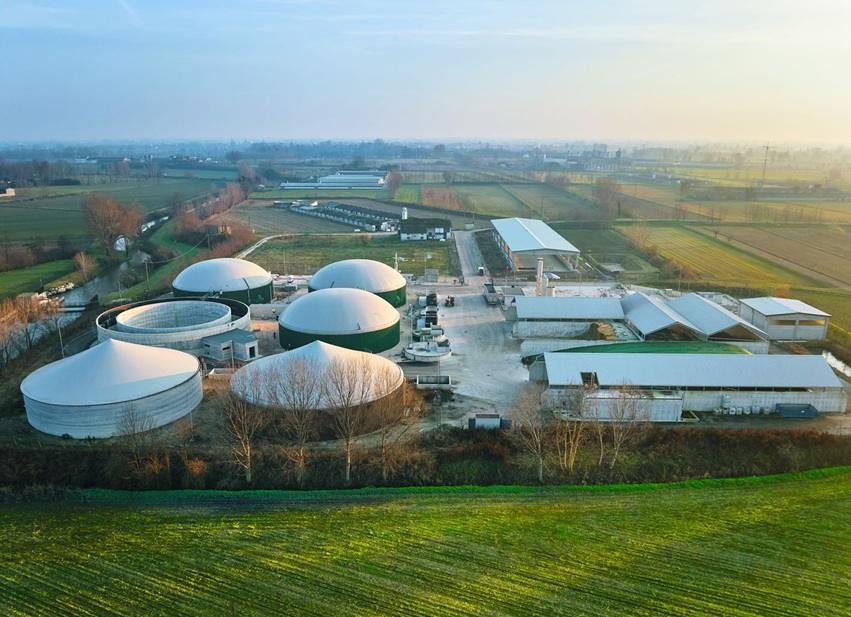UK Drops Plans for Sustainable Finance Taxonomy
The UK government announced today that it has decided not to proceed with its plans to develop and implement a UK Green Taxonomy, its proposed classification system for categorizing climate and environmentally sustainable economic activities, and one of the key parts of its sustainable finance framework.
According to a statement released by the UK finance ministry, HM Treasury, the move to not include the taxonomy within the sustainable finance framework was made following feedback from its consultation indicating that less than half of respondents had positive views on the value of a taxonomy, and many felt that other areas of the framework were of higher priority.
The initiative to develop a UK green taxonomy was initiated in 2020 by then-Chancellor Rishi Sunak, in order to provide a common framework for determining which activities can be defined as environmentally sustainable, and to improve understanding of the impact of firms’ activities and investments on the environment while supporting the transition to a sustainable economy.
The decision by the UK government comes as several other countries have instituted, or are in the process of developing sustainable finance taxonomies for their own jurisdictions, including Australia, the EU, Singapore, Hong Kong, Canada, and India. Earlier this month, the EU launched a major simplification process to its taxonomy. According to the UK’s consultation document, around 20 jurisdictions have a government-endorsed taxonomy in operation, and approximately 30 more are considering developing a taxonomy.
HM Treasury launched a consultation in November 2024, seeking views on the value case of a UK Green Taxonomy as part of the UK sustainable finance framework. According to the newly released results, the consultation found that only 45% of respondents indicated a “positive sentiment” towards the idea of a UK taxonomy, while 55% expressed mixed or negative views, with HM Treasury noting that the main concerns focused on “the real-world application” of the taxonomy, particularly in light of experiences working with other taxonomies, and the extent to which taxonomies delivered on their desired objectives.
According to the consultation response, around a third of respondents said that the core objectives of the taxonomy, namely channelling investment and tackling greenwashing, could be better achieved by focusing on other policies, such as UK Sustainable Reporting Standard (UK SRS), transition plans and sector roadmaps, as well as real economy policies and economic incentives. In addition, some respondents expressed concerns about the work required to maintain the taxonomy policy, and that it could impact resourcing of other sustainable finance policies.
In its statement announcing the decision, HM Treasury said:
“After careful consideration of the consultation responses, the government has concluded that a UK Taxonomy would not be the most effective tool to deliver the green transition and should not be part of our sustainable finance framework. Whilst the government’s ambitions to continue as a global leader remain unchanged the consultation responses showed that other policies were of higher priority to accelerate investment into the transition to net zero and limit greenwashing.”
Sustainable investment groups expressed disappointment at the government’s decision. While welcoming the government’s acknowledgement of the importance of transition plans and the UK SRS, for example, Oscar Warwick Thompson, Head of Policy and Regulatory Affairs at the UK Sustainable Investment and Finance Association (UKSIF) said that “it’s disappointing that the government has concluded that a green taxonomy has no place in the UK’s sustainable finance framework. We now want to see swift delivery of commitments on transition plans and the sustainability reporting standards.”
Click here to access the consultation response summary.






